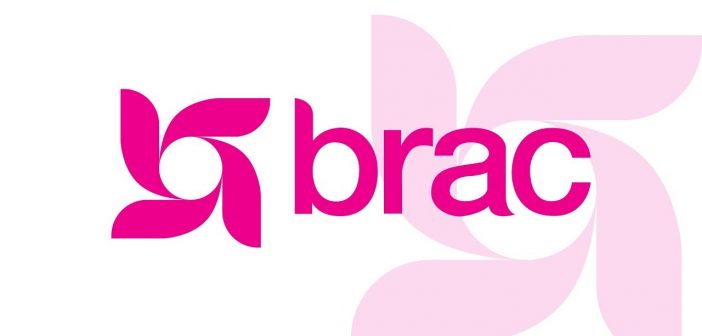A recent survey conducted by BRAC shows that a large number of students (16%) remain panicked since the closure of all educational institutions from 17 March this year due to the spread of COVID-19 pandemic. Moreover, the pandemic has created disinclination towards studies among a large number of students. The study also suggests that limitations of necessary arrangements such as television, internet, electricity or cable connections and language barriers for the students from ethnic minorities are key causes for keeping students away from distant learning being offered by the government authorities.
The findings along with a number of recommendations of the survey titled “Impact of COVID-19 on education in Bangladesh” were revealed at a digitally organized discussion held on Saturday.
State minister for the Ministry of Primary and Mass Education (MoPME) Zakir Hossain joined the event as chief guest. Alamgir Muhammad Mansurul Alam, additional secretary, MoPME, Ratan Chandra Pandit, additional secretary, MoPME, Tapan Kumar Ghosh, director general, Bureau of Non-Formal Education, Md Fasiullah, director general, Department of Primary Education, Anir Chowdhury, policy advisor, a2i, Sun Lei, head of education, UNESCO, Nor Shirin Mohkhtar, head of education, UNICEF, Fahmida Shabnam, team leader, Department for International Development, Ali Md Shahiduzzaman, programme specialist, USAID, and Safiqul Islam, director, BRAC, among others, spoke at the event moderated by KAM Morshed, senior director, BRAC.
State minister Zakir Hossain said the government is working on introducing the toll-free hotline 3336 for students to get assistance from teachers over phone. The hotline will be launched this month, he added.
“After Sangsad Television we have taken initiative to deliver classes through Bangladesh Betar. With support from the government platform Muktopaath, we are also trying to launch subject-based e-learning courses for teachers,” he said.
During this pandemic, we took initiative to introduce special maths training for the teachers through e-learning courses, which will be launched from July, added the minister.
BRAC director Safiqul Islam said preparing the teachers at a level which makes them comfortable with digital learning is necessary.
We found that many students are not inclined towards existing distant learning methods and so we need to find out the reasons behind this, he added.
“Through online distance learning platform, Bangladesh keeps the momentum of education up, as well as inclusiveness and equity for students,” said Islam
BRAC conducted the survey between 4 and 7 May, covering 1,938 students studying in primary and secondary schools in 16 districts to assess the impact of COVID-19 pandemic on the students and their teaching-learning processes.
The study suggests that the panic is higher among the students with disabilities (29%). About 17% of female students, students of secondary schools and those living in rural areas, and those studying in madrasas are also passing their days in anxiety. When asked what they do when panicked, most of them answered either they remain silent and in bad mood all the time, were unwilling to read or play, and were scared seeing outsiders. They also said they feel unwilling to talk to anyone or feel scared staying alone.
A large section of students (44%) having a negative attitude towards studies reported that they are not getting any direction from schools, which has been reported mostly by madrasa students and those living in rural areas as well. In 22% of cases, food crisis in the family appeared to be a major issue, which has been reported mostly by madrasa students and those living in urban areas.
A majority of about 31 million primary and secondary students (90%) wash their hands with soap and water or clean their hands using sanitisers, which the study found to be quite alarming as the rest still remain reluctant to maintain basic hygiene practices to protect themselves from coronavirus infection. Even, 18% students said they go out of their home amid the lockdown situation.
A total of 54 students (3%) were the survivors of various kinds of abuse during the holidays. They encountered psychological harassment in most of the cases (82%) alongside some other harassment such as physical torture, sexual harassment, confinement, and forcefully made to work. However, the study concluded that the number of abuses might remain underreported due to the sensitivity of the issue.
Most of the respondents (54%) spoke in favour of extra classes once classes resume, to cover the time lost. Despite realising that the spread of the pandemic is on the rise, 49% of respondents were in favour of opening schools soon. They also recommended trimming syllabus and relaxing examinations.
To help the students recover from psychological trauma, the respondents suggested different measures including arranging recreational activities once classes resume, providing gifts or increasing the amount of stipend, strengthening online and distant learning processes. The survey stressed that arrangements should be made to ensure students’ access to the existing distant learning processes. ♦




